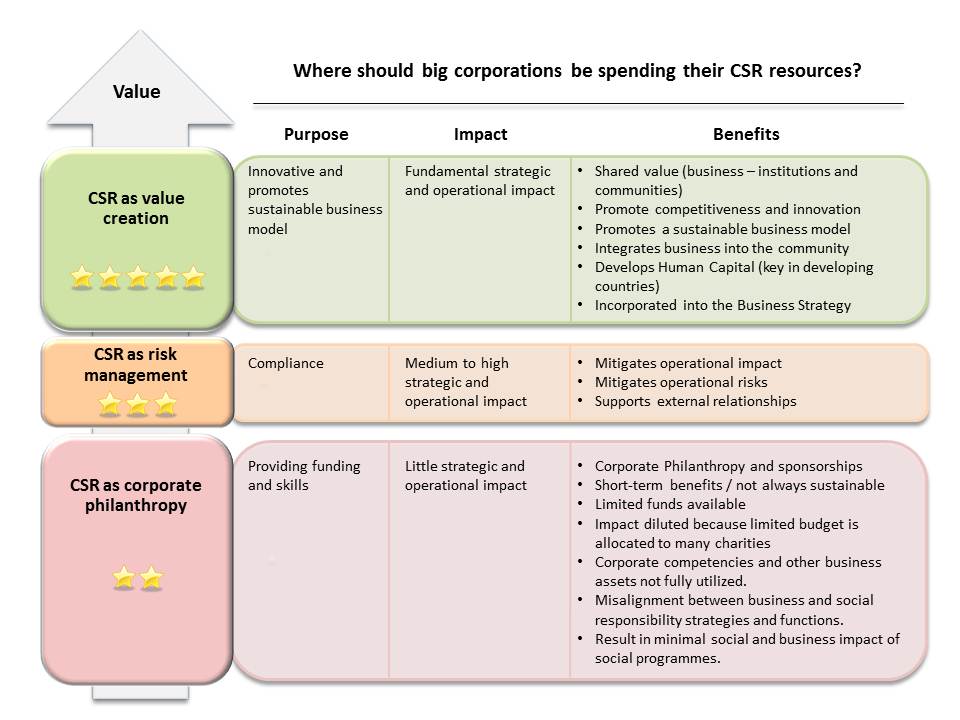By now it is crystal clear for me that I want to help people. I have understood where this will comes from and know I need to translate it into a plan of actions. Before I start explaining this plan I would like to point out that 'making a living by making a difference' isn't just about giving but also receiving. Now it is scientifically proven, solidarity acts on brain chemistry like avitamin of health and personal fulfillment. This brings me to Rousseau's 'Social Contract' in which the author declares “Man was born free, and he is everywhere in chains” and also to the word crisis (from the Greek – krisis) that also means 'testing time'. Let's make use of the ability to attune ourselves with others (empathy, compassion) and the willingness to help (supportive gestures) – that seem to be intrinsic to human nature – to rethink our future and build a society that promotes cooperation.
To do so it is important to understand the purpose of Business, that in which we allocate the majority of our time and energy. Business (from 'bisig', busy + ness; 'sense of work, occupation') is the origin and capitalism the engine we've created triggering prosperity and progress. Quoting Polly LaBarre, we need to “reimagine a profoundly principled, fundamentally patient, and socially accountable capitalism”.
That is exactly where I stand. At the intersection between people and businesses. On the one side, through human centered approach putting human needs at the forefront, finding people's desires and wishes, and discovering their aspirations often articulated by latent needs. And on the other side, helping organizations redefine themselves through reconceiving products and services, redefining productivity in the value chain, and building clusters and framework conditions in order to provide real value to the user by solving social problems. This is the foundation of long-term capitalism along with the notion of 'shared value'.
This paradigm shift affects all three sectors: public, private and third. Public needs to regulate minimum (high) standards setting the stage for private and third to compete. Even if non-profits still need to emerge as professional organizations (aka social businesses) capable of facing fierce markets, these often already have the appropriate mind-set. Whereas due to their flexibility, companies can create sustainable and scalable solutions to many social problems in ways that governments and NGOs cannot. This is why recent collaborations between multinational corporations (MNCs) and non-governmental organizations (NGOs) have resulted in innovation of disruptive products and services. MNCs and NGOs have very different core 'businesses' which are highly compatible since the first is excellent at doing business and the second has extensive information about the needs of a specific target population.
My idea is to be a facilitator / translator at the center of this triangle, bringing together foundations and CSR departments (for now), non-profits, and ministries. It is the promotion of a greater well-being rather than a single-minded pursuit of growth and profits stimulating a strong sense of community that will generate coopetition (healthy competition) and therefore social innovation. This is the level I found myself to be most profitable, especially in the actual European context filled of opportunities.
Hopefully this is what I am developing at Soulsight –a strategic design consultancy from Madrid– in which I am currently working.

